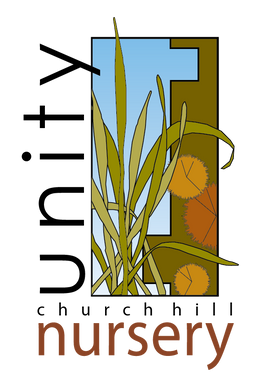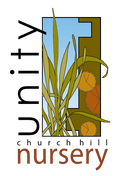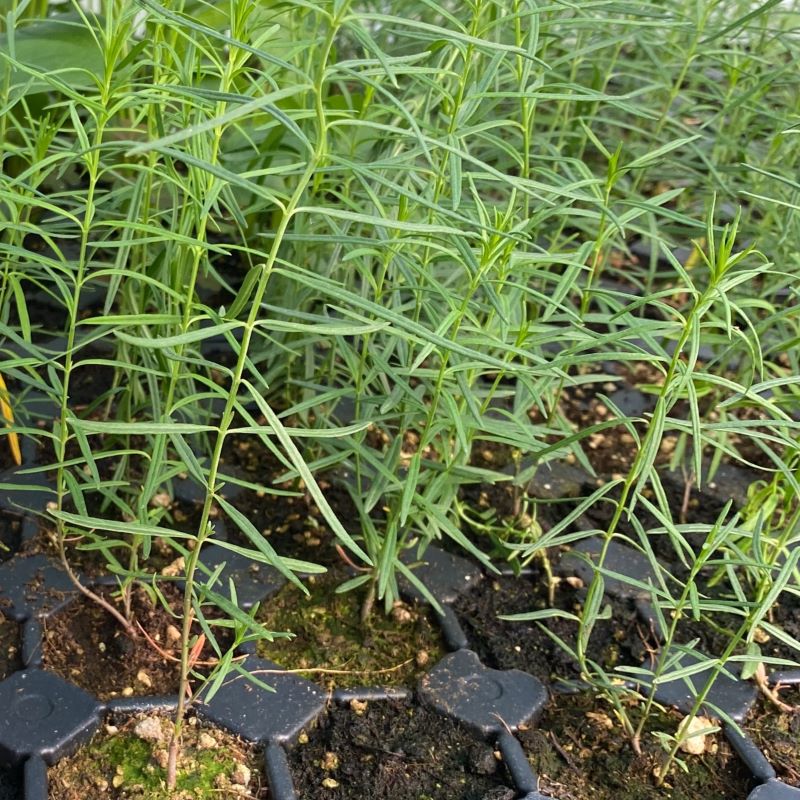Asclepias verticillata (Whorled Milkweed) Unity Grown
- In Stock
- Inventory on the way
Asclepias verticillata, commonly referred to as whorled milkweed, is an upright, native perennial wildflower that is widely known as one of the many vital host plants of monarch butterfly caterpillars (Danaus plexippus). Differentiated from other milkweeds by the whorled arrangement of its grassy leaves around a singular main stem, Asclepias verticillata grows to 12-30" tall and thrives in average to dry well-drained soil in areas with partial to full sun. With a wide tolerance of poor soil conditions, including rocky areas and nutrient poor sites, whorled milkweed can be added to a variety of gardens and restoration projects, where its showy white flowers add interest to the landscape throughout the summer months.
Asclepias verticillata's flowers attract butterflies and other beneficial pollinators, though flowers may be too delicate to support hummingbirds unlike other milkweed species. Though whorled milkweed produces smaller compound clusters of small white flowers than other milkweeds, its compact size and shape adds an element of delicacy to pollinator gardens and small beds. Like other milkweeds, this plant produces a toxic, milky sap from damaged tissue that makes it distasteful to rabbits and deer, but care should be taken when choosing a planting site to avoid accidental ingestion by pets.





